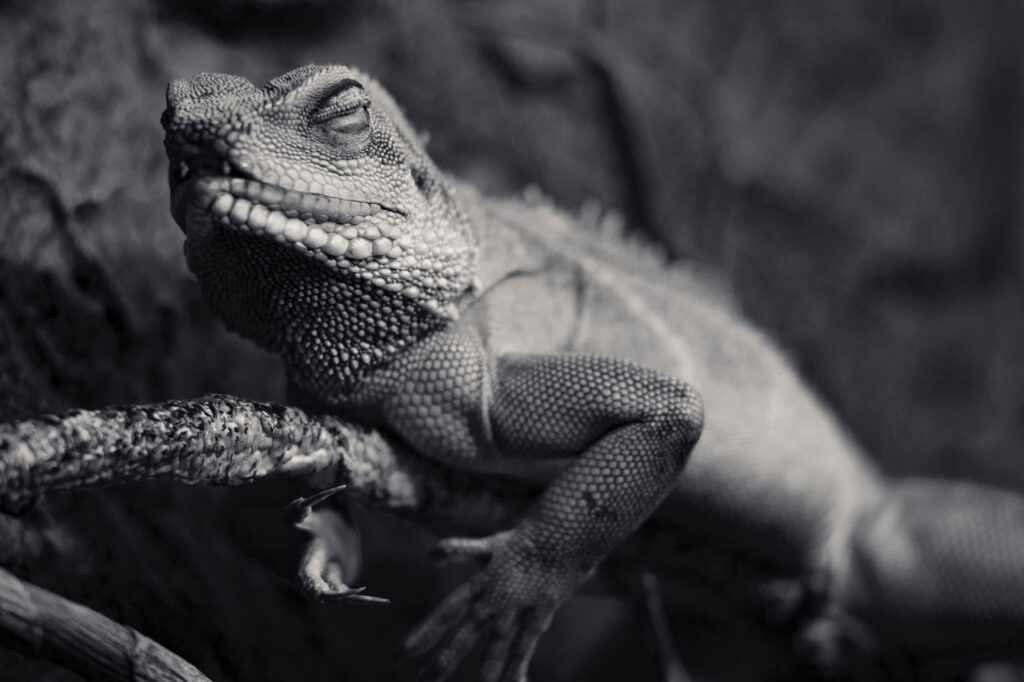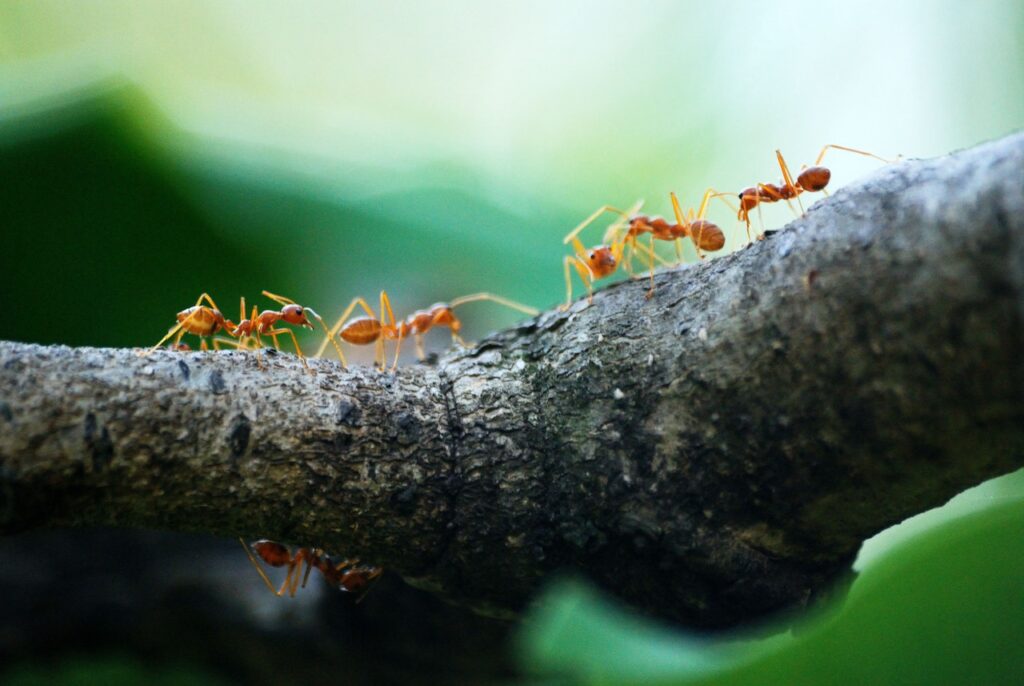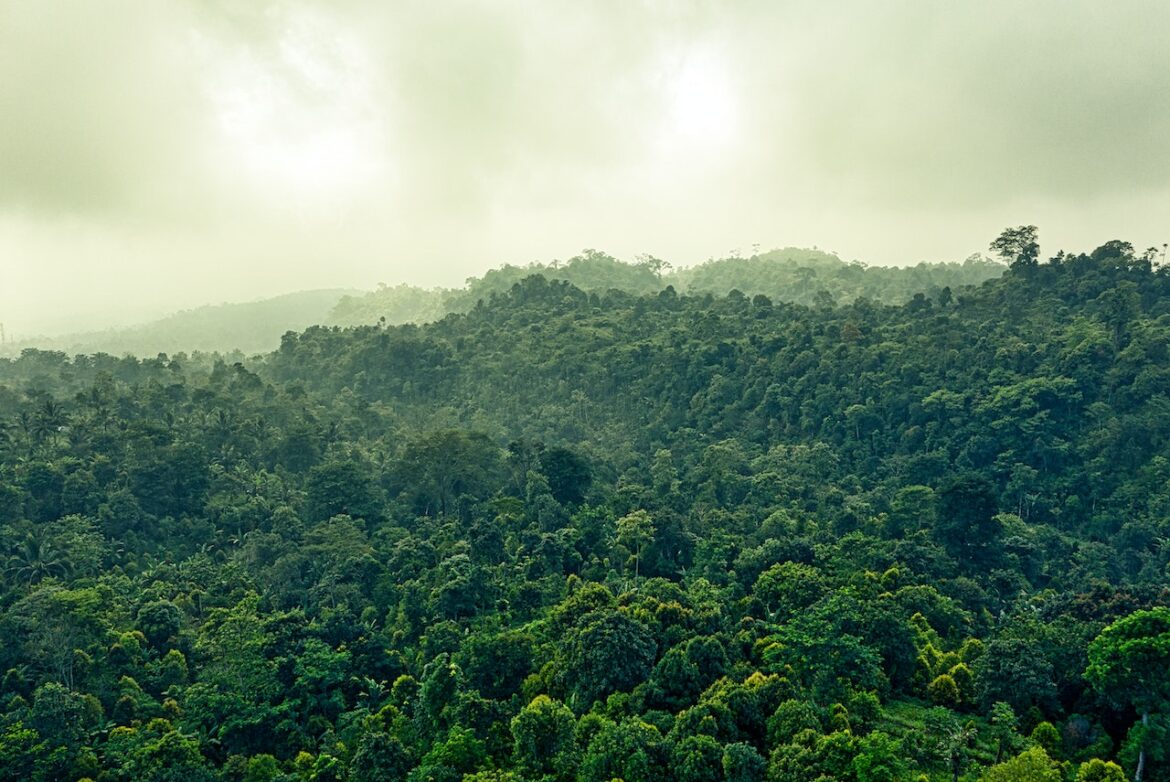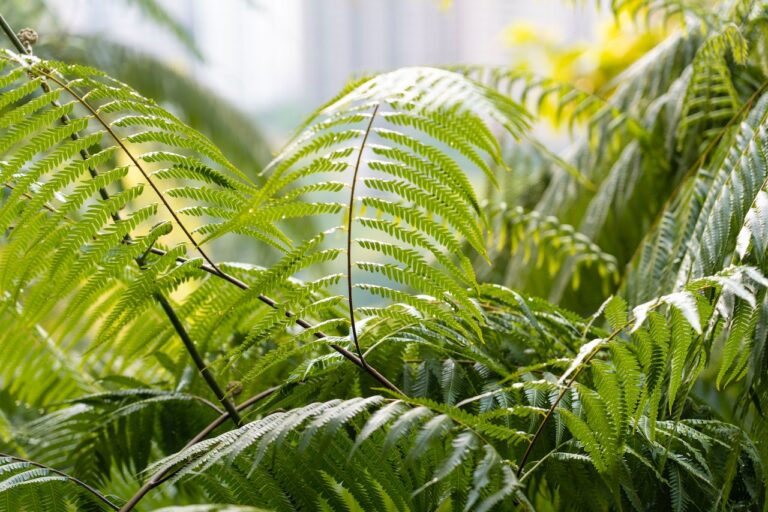The Amazon Rainforest Fire has been raging for weeks, with millions of animals being affected by the disaster. The world’s largest tropical rainforest is home to an incredible variety of species and its destruction has caused immense damage to the environment and wildlife. Hundreds of thousands of hectares have already been destroyed, leading to a mass displacement of hundreds of animal species in search for food and shelter. The smoke from the Amazon Rainforest Fire is causing air quality issues throughout South America, as well as threatening homes, communities and the lives of humans living nearby. As a result, many endangered species are now at an even greater risk due to loss of habitat or harm from the smoke itself. Additionally, many species are unable to outrun or hide from the fire which puts them at serious risk if they cannot find safe ground away from it.
Impact on Birds
The Amazon Rainforest is an important ecosystem, providing shelter and sustenance for many species of animals. Unfortunately, this fragile environment has been severely affected by a massive fire event in recent weeks. One of the species that have been impacted by this disaster are birds. Wildfires can cause significant impacts to bird populations due to loss of habitat, displacement and even direct mortality from the flames. Birds that live in the Amazon rainforest have had their habitats destroyed as a result of the fires, making it difficult for them to find food and shelter. Additionally, amazon rainforest fire has driven some birds away from their homes in search of new places to nest and feed. This can put extra stress on bird populations as they struggle to adjust to new environments with limited resources available.
Impact on Mammals
The Amazon Rainforest fire has impacted the lives of mammals, both directly and indirectly. Currently, it is estimated that more than 80,000 fires have been set in the region since August 2019. The destruction of habitat due to the flames has had a devastating impact on many species of animals, leading to displacement and starvation. The most severe effects are on some of the most iconic animal species living in this area such as jaguars, capybaras and sloths who are now struggling to survive without their natural habitat. Additionally, these endangered creatures may be more vulnerable to poaching as they search for a safe place away from the flames. Furthermore, disruption in food sources for these animals can lead to malnutrition which can further contribute to population decline in some cases.

Impact on Reptiles
The Amazon Rainforest, often called the “lungs of the planet”, is home to thousands of species of animals and plants. Recently, large portions of this vital environment have been affected by widespread fires, threatening life across all levels of the ecosystem. Of these, one group that has been significantly impacted by the fire in the Amazon are reptiles. Reptiles are an integral part of any healthy ecosystem and their presence is important for maintaining balance in food webs and other natural processes. Unfortunately, many reptiles living in the rainforest have become victims to these destructive fires. Because they lack mobility compared to other animal species, reptiles are particularly vulnerable when it comes to escaping and avoiding danger like those posed by fire outbreaks. Additionally, high temperatures can cause issues with egg incubation and mortality rates among younglings which further affects their population numbers.
Impact on Insects
The Amazon rainforest fire have created a global outcry for action. In addition to the devastating impact on animal life, the fires are also taking a toll on our planet’s insect population. Insects play an important role in our ecosystems, and the destruction of their habitats could have disastrous consequences for us all. Insects comprise more than half of all living creatures, and they are essential to maintaining healthy crops and other vegetation. They aid in pollination, provide food sources for birds and other animals, assist with decomposition processes, control pests and disease-carrying vectors such as mosquitoes, ticks and fleas. Without them numerous species would suffer greatly due to a lack of resources or increased competition from predators.

Long-Term Consequences
The Amazon rainforest fire has been devastating for the animals that call this precious ecosystem home. Not only are these creatures facing immediate danger from the smoke and heat, but there could be long-term consequences to consider as well. For example, wild animal populations may decrease due to the loss of habitat caused by the fires and animals that were able to escape may find it difficult to reestablish themselves in a new territory. Additionally, animals who stayed in their homes may face a shortage of food supply as their natural sources disappear due to the fire or become contaminated with ash or debris. All of these factors can have a serious impact on not only individual species, but entire ecosystems that rely on specific species for balance and stability. Furthermore, many researchers believe there could be an even bigger consequence beyond what we can see – climate change.
Conclusion
The Amazon Rainforest fire is an urgent and pressing issue that requires immediate attention from the global community. At least 1,330 square miles of the rainforest have been burned since the beginning of 2019, which is a drastic increase from previous years. The effects of these fires extend far beyond the environment itself, as they are having a significant impact on animal life in this region. The current threats to animal populations in the Amazon Rainforest cannot be overstated. Animals living in this area are facing potential displacement due to habitat loss and food scarcity caused by deforestation and degradation. In addition, many species may become extinct if they cannot find suitable habitats elsewhere or become trapped by expanding agricultural land use. This crisis demands swift action from both governmental authorities and private citizens alike if we wish to protect these animals’ lives and futures.
CHICKEN SOUP WITH NOODLES RECIPE







Comments are closed.